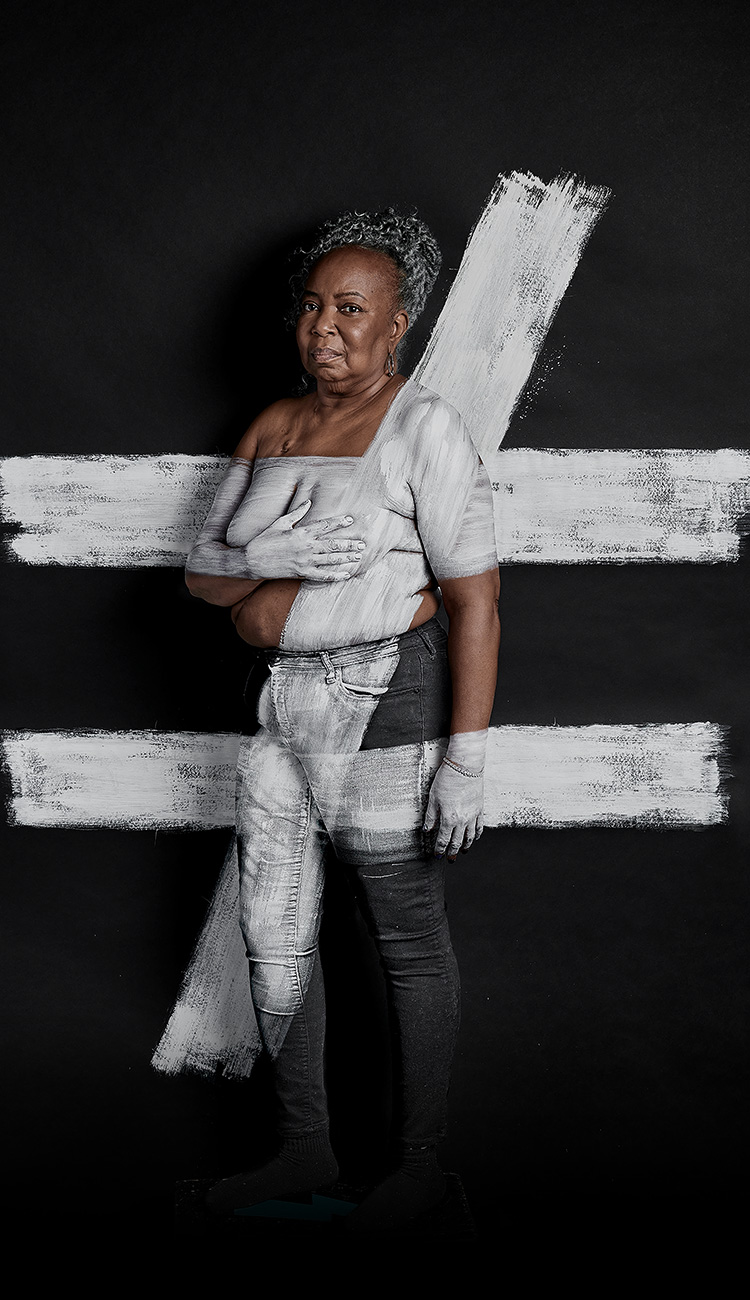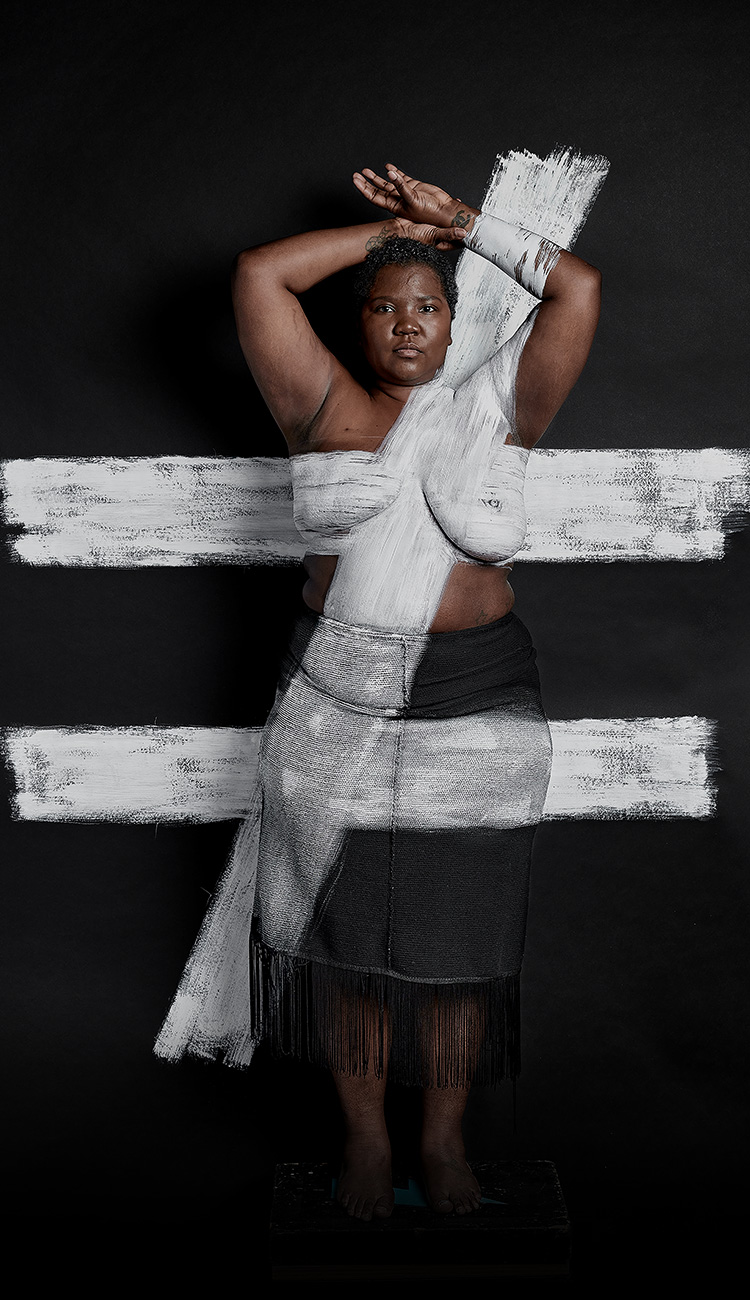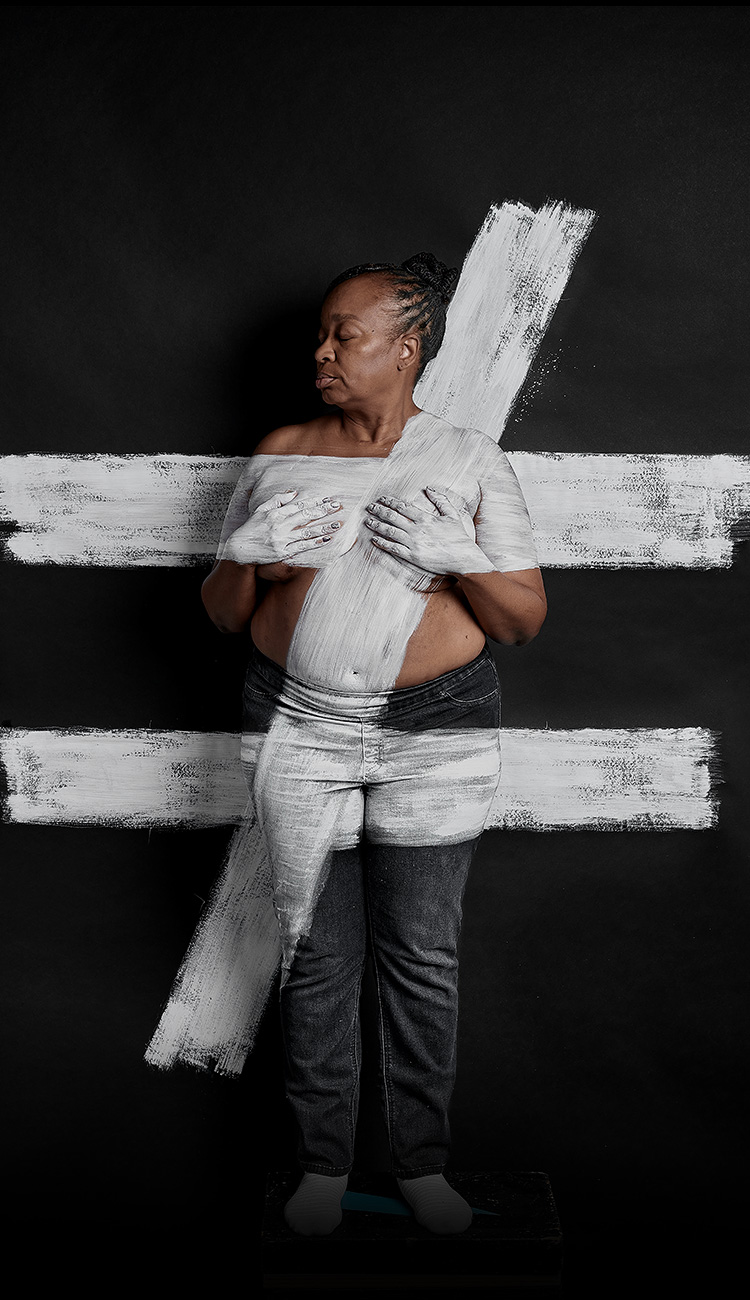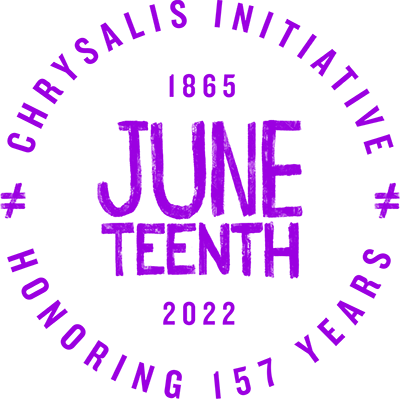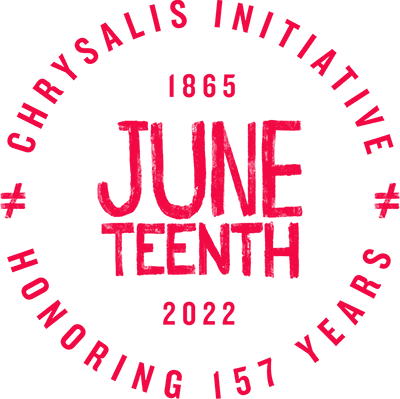It took 2 ½ years for slaves
to find out they were free.
It took a mastectomy for Chanel
to find out she had other options.
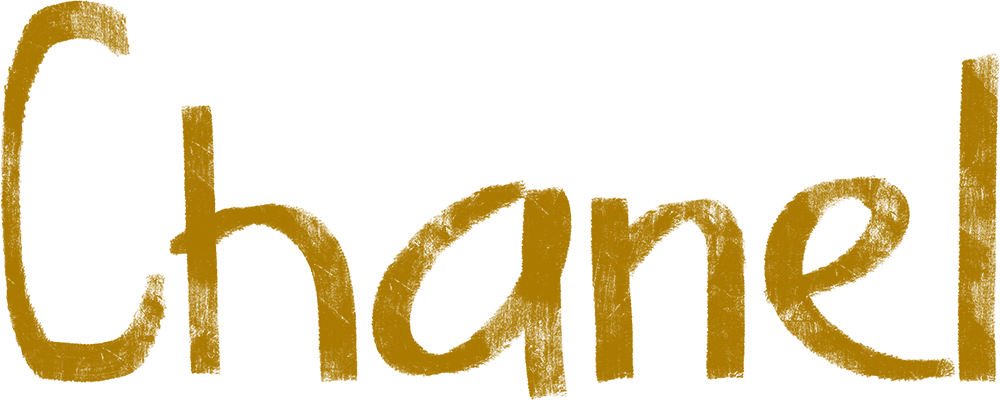
“They kept saying it was benign. I had to fight for testing. I wouldn't accept them just telling me that I was too young to have breast cancer."
They assumed slaves wouldn't
understand emancipation.
They assumed Gloria wouldn't
understand genomic testing.
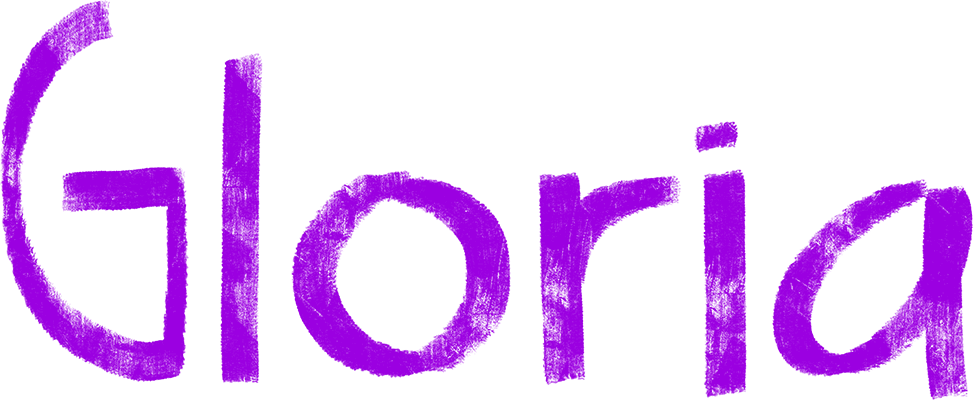
“During my breast cancer battle, I noticed Caucasian women were treated better. They got more information without having to ask.”
Then, enslavers withheld information
until after harvest season.
Today, oncologists withhold
information even after surgery.

“I did not get all the resources that were offered at the hospital. When I went back and asked, it was always some kind of excuse.”
About Juneteenth
Juneteenth—or America's 2nd Independence Day—marks the true beginning of the end of slavery in the United States. It's the day when news of their emancipation finally reached the slaves in the South—a full 2 and a half years after it was proclaimed. The system failed because information was withheld.
Today, information about breast cancer is being withheld from Black women that could save lives. We invite you to honor this Juneteenth by helping us Erase the Line of inequality in breast cancer care.
About Us
Founded by Jamil Rivers, who was diagnosed with metastatic breast cancer at 39 years old, The Chrysalis Initiative exists to disrupt outcome disparities within breast cancer. Using patient activation, provider education, and barrier intervention, we ensure every patient receives the care they deserve. We also apply evidence-based strategies to reshape the individual and institutional knowledge, attitudes, and behaviors that impact health outcomes for Black women (and other disparate groups) with breast cancer. Learn more.



